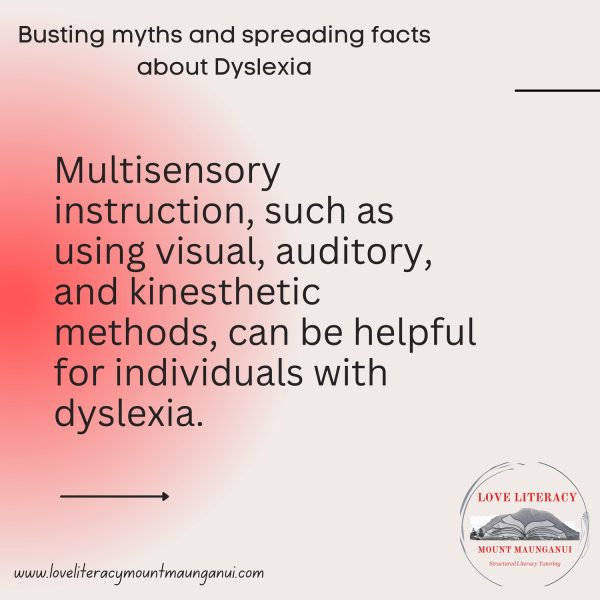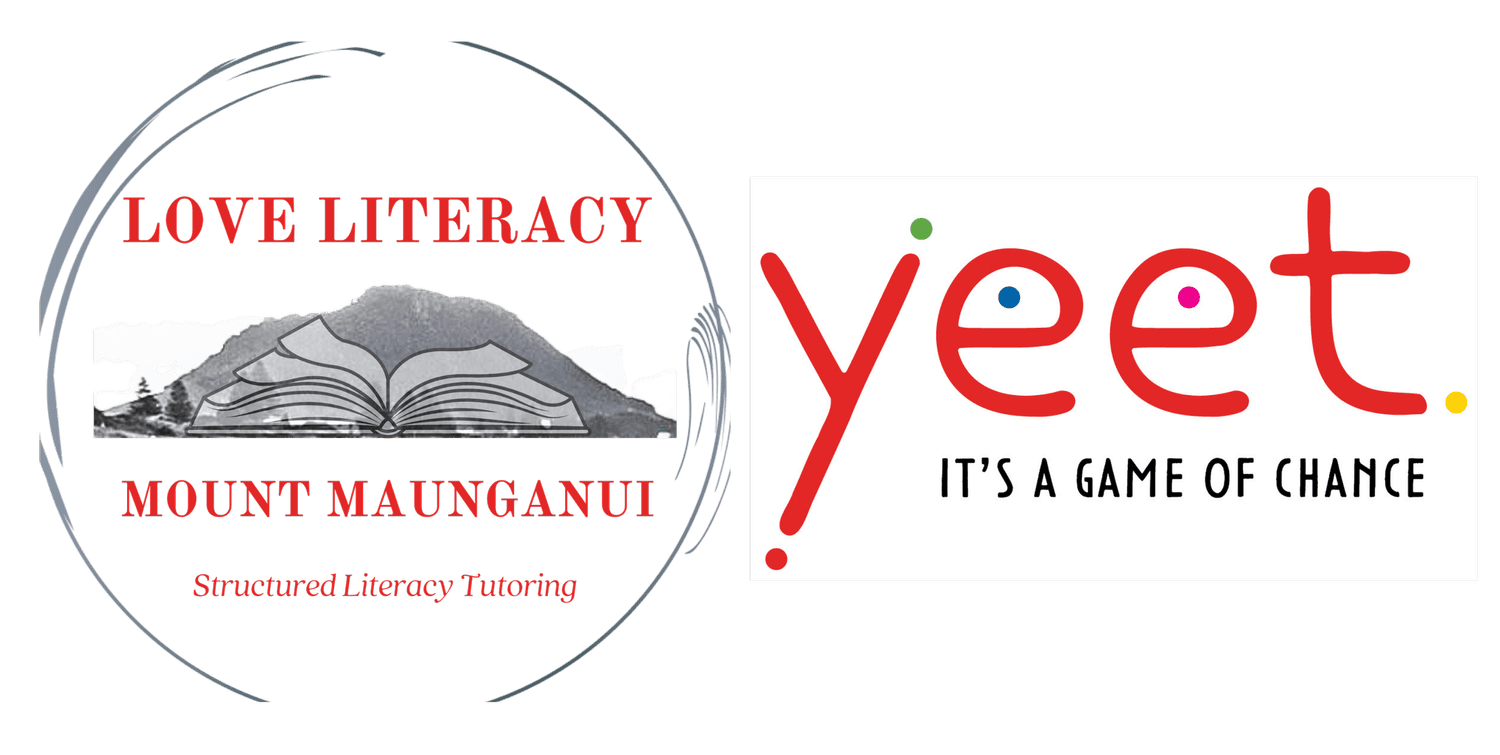Its a wrap for Dyslexia Awareness Month 2023
It’s a wrap for Dyslexia Awareness Month, but it’s not a wrap for those who have Dyslexia. Dyslexia is lifelong, and in the realm of learning differences, it can stand as a formidable challenge, a real and tangible obstacle that individuals face in not only their educational journey but also in their journey of life. Dyslexia influences the acquisition of crucial reading and writing skills. Moreover, it has a familial connection that weaves its way through generations, solidifying its presence as more than just an individual struggle.
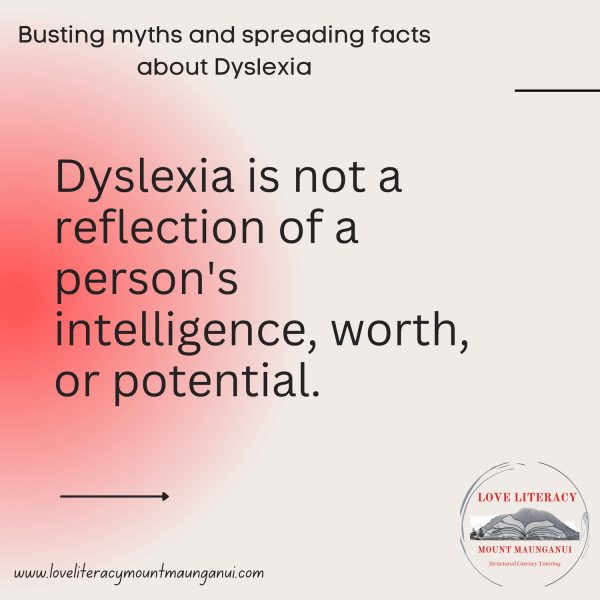
Dyslexia is real, however, it is often relegated to the shadows of misunderstanding. Every time Dyslexia Awareness Month rolls around, we see the same old posts about myths and facts. Why is this? Dyslexia is a genuine learning difference that merits careful examination. Its impact is far-reaching, affecting not only educational pursuits but also everyday tasks that involve reading and writing. Beyond the classroom, dyslexia shapes a person’s life. It can influence career choices, relationships, and self-esteem. It is crucial to acknowledge that dyslexia is NOT a challenge to be outgrown; rather, it is a constant companion throughout an individual’s educational and professional journey.
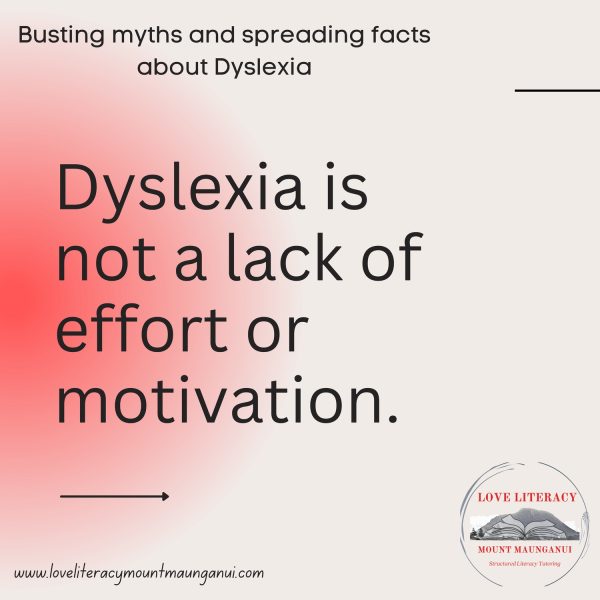
A distinctive feature of dyslexia is its tendency to run in families. Understanding the familial link can support with the identification of potential reading challenges early on for learners, which can subsequently lead to teachers being able to tailor interventions that address the unique needs of learners with dyslexia.
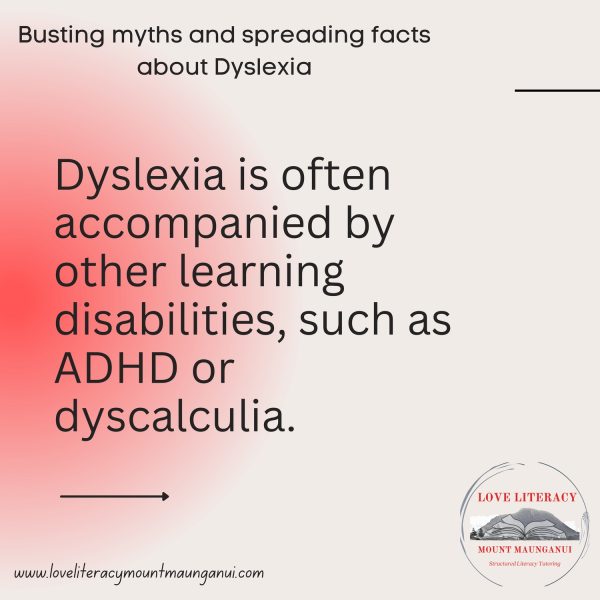
The story of dyslexia began to unfold over 100 years ago. The term ‘dyslexia’ was coined by Rudolf Berlin, a German ophthalmologist and professor in Stuttgart. Ponder this; why, over 100 years later are we still stuck in the same rhetoric of not knowing enough about it to pinpoint those most at risk? Dyslexia is not rare. In fact, it is much more common than we realise, with some experts saying 5 to 10 percent of people have dyslexia. Others say as many as 17 percent show signs of it.
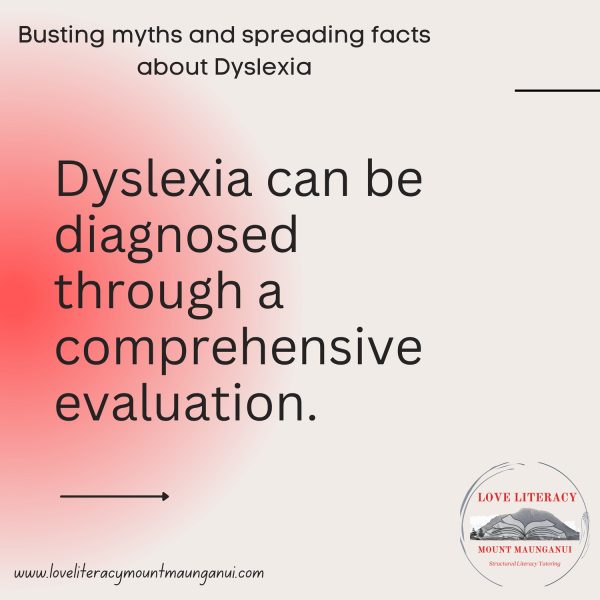
Being able to embrace the reality that dyslexia is real, and a lifelong journey is a crucial step in dismantling misconceptions. We must pave the way for inclusive practices that accommodate diverse learning styles and empower individuals to reach their full potential.
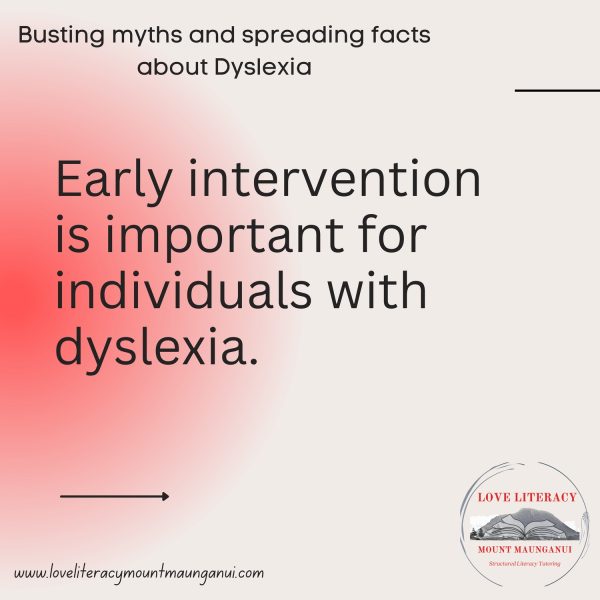
In conclusion, dyslexia is not a concept; it is a lived reality for many and affects not only the individual but their family as well. As we reflect on the progress made and look toward the future, our collective responsibility is clear—we must foster more awareness, and continue the journey toward a world where individuals with dyslexia can navigate their educational and professional paths with confidence and success.
